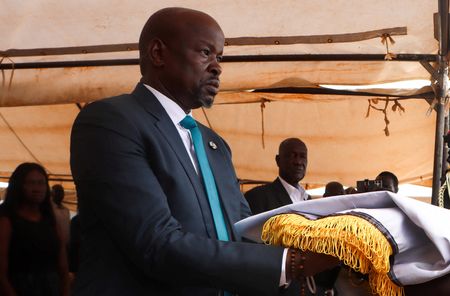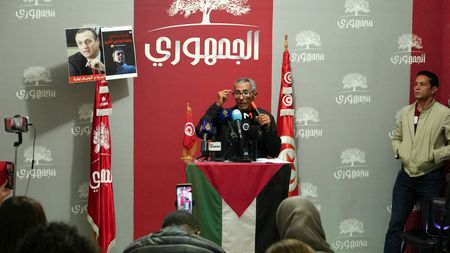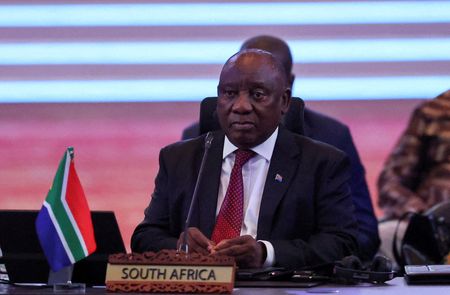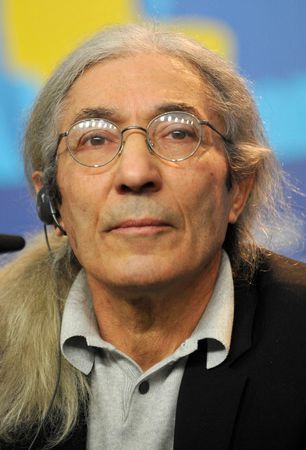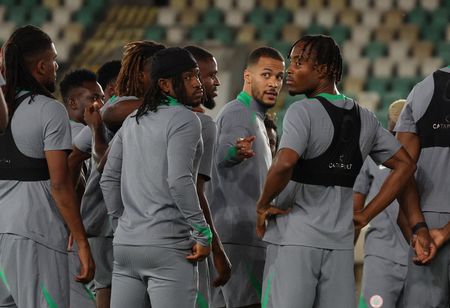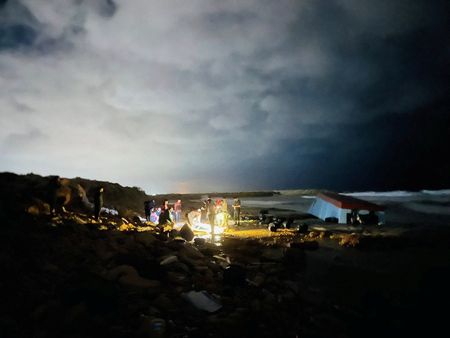JUBA (Reuters) -South Sudan President Salva Kiir on Wednesday dismissed Benjamin Bol Mel as vice president and deputy leader of the ruling party, according to a decree read on state television, cutting ties with a man widely rumoured to be Kiir’s own preferred successor.
The president also fired the governor of the central bank and the head of the revenue authority, both seen as close to Bol Mel, who was appointed as one of the country’s five vice presidents in February.
The moves add to relentless turnover in the upper ranks of South Sudan’s government at a time when questions about Kiir’s succession are swirling and there are fears of a return to civil war.
BOL MEL FACED CORRUPTION ACCUSATIONS
South Sudan, the world’s youngest country, won its independence from Sudan in 2011 but quickly descended into a civil war that killed an estimated 400,000 people between 2013 and 2018.
Kiir’s decree provided no explanation for the firings, which followed hours of speculation in Juba after the security detail in front of Bol Mel’s residence appeared to be reduced, sources familiar with the situation told Reuters.
Kiir also demoted Bol Mel from the rank of general, to which he promoted him in September.
Bol Mel has been under U.S. sanctions for alleged corruption since 2017, and a U.N. report in September accused companies affiliated with him of receiving $1.7 billion for road construction work that was never done.
He has never directly responded to corruption accusations made against him.
Announcing sanctions against Bol Mel in 2017, the U.S. Treasury said that he had served as Kiir’s “principal financial advisor”. Kiir’s office denied this characterisation.
POLITICAL OUTLOOK IS UNCERTAIN
His rise to the vice presidency and apparent status as the 74-year-old’s chosen successor drew sharp pushback from political and security elites in Juba, analysts said.
The political outlook in South Sudan is deeply uncertain. Planned elections were postponed in 2022 and 2024 and First Vice President Riek Machar, Kiir’s main rival during the civil war, was arrested in March and then charged with treason.
Fighting between forces loyal to Kiir and various armed groups has been escalating in recent months, with Machar’s arrest one of the factors stoking the violence.
(Writing by Aaron RossEditing by Gareth Jones)

